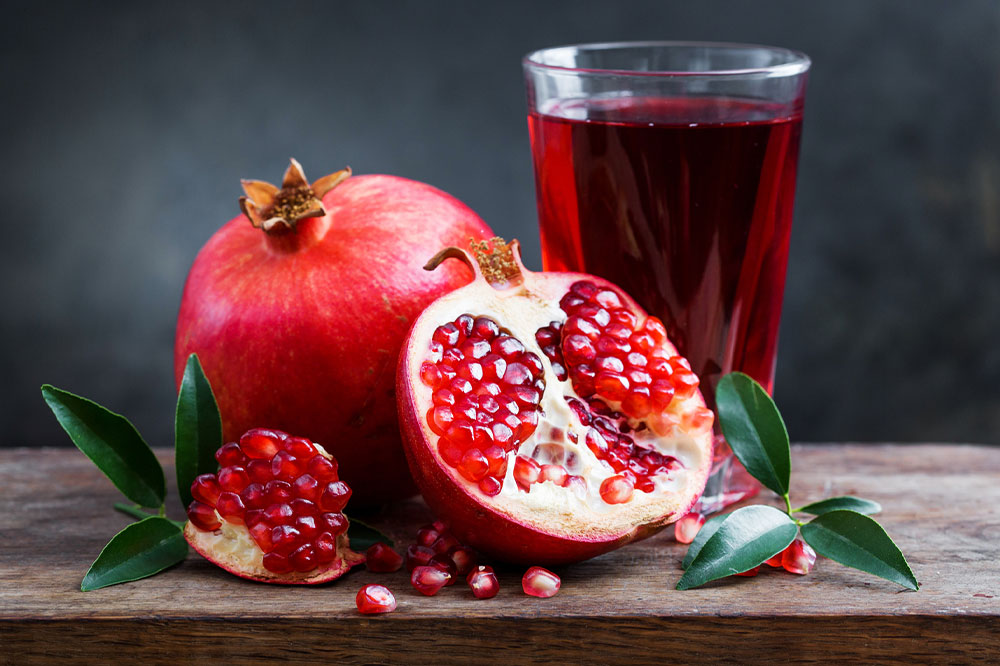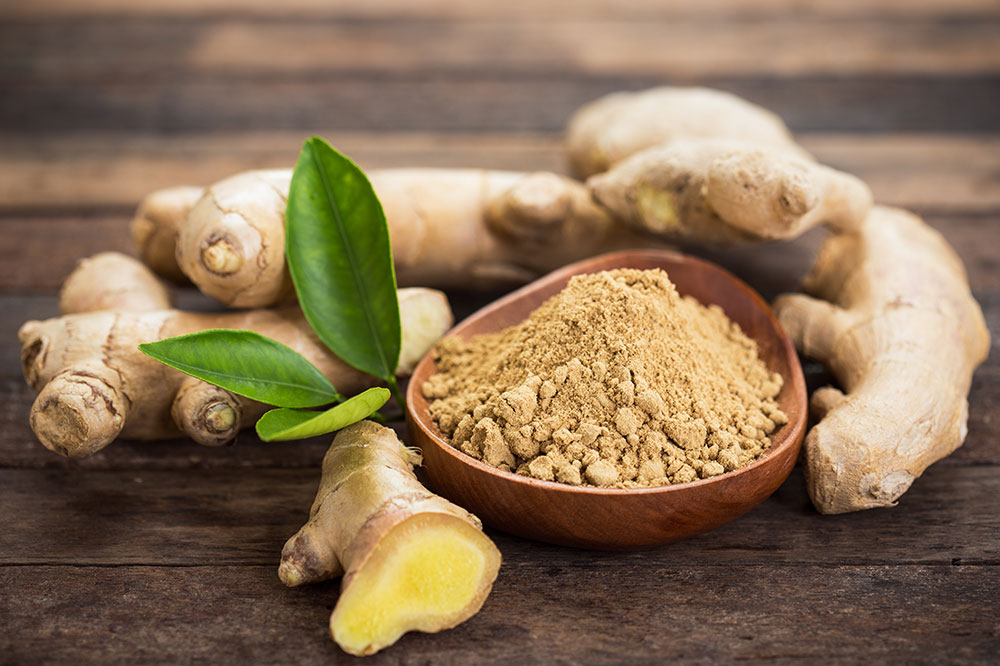Comprehensive Nutritional Strategies to Reduce Asthma Symptoms and Improve Respiratory Health
This comprehensive article explores how targeted nutritional strategies can help alleviate asthma symptoms and improve respiratory health. It highlights vital nutrients like vitamin C, vitamin D, magnesium, beta-carotene, and omega-3 fatty acids, emphasizing their role in reducing airway inflammation and strengthening immunity. Alongside traditional medical treatments, these dietary modifications offer an affordable, accessible way to enhance quality of life for asthma sufferers. The article provides practical food sources and advice on incorporating these nutrients into daily diets, advocating a holistic approach to asthma management for better breathing and overall wellness.

In-Depth Nutritional Approaches to Manage and Alleviate Asthma Symptoms
Asthma is a chronic respiratory condition that affects millions worldwide, characterized by inflammation and narrowing of the airways. While pharmaceutical treatments are vital in controlling symptoms and preventing attacks, increasing evidence suggests that dietary modifications and lifestyle adjustments can play a significant role in managing asthma effectively. Many health professionals advocate for a holistic approach, integrating nutrition to support respiratory health. As the ancient Greek physician Hippocrates famously stated, "Let food be thy medicine," emphasizing the importance of diet in overall health and disease management. Modern research aligns with this philosophy, highlighting how specific nutrients and dietary patterns can influence inflammation levels and immune responses, ultimately helping to reduce asthma severity and improve quality of life.
Adopting healthy eating habits alongside standard medical treatments offers a cost-effective and accessible means of controlling asthma symptoms. While dietary changes alone are not a cure, they can significantly influence how patients experience their condition. Proper nutrition can help minimize reliance on medications, especially in children and those with chronic asthma, and can reduce medication-related side effects. With ongoing research indicating that diet impacts inflammation and respiratory function, integrating specific anti-inflammatory foods into daily meals is increasingly recognized as a valuable strategy in asthma management.
Understanding which foods aid in reducing airway inflammation and strengthening immune defenses is critical. These dietary modifications serve as supportive measures to complement prescribed therapies, not substitutes. Combining medication with targeted nutritional interventions offers the best chance to enhance respiratory health and decrease the frequency and intensity of asthma attacks.
Key Nutrients and Foods that Help Reduce Airway and Lung Inflammation
Vitamin C: Known for its potent antioxidant properties, vitamin C plays a crucial role in immune function. Its abundance in fruits and vegetables can help reduce airway inflammation, alleviate coughing, and prevent exacerbations. Ensuring adequate vitamin C intake may also strengthen lung defenses against environmental triggers. Excellent sources include bell peppers, spinach, kale, tomatoes, broccoli, fresh strawberries, kiwifruit, oranges, grapefruits, and other citrus fruits. Consuming a variety of these regularly can provide a significant boost to respiratory immunity.
Vitamin D: Numerous studies have demonstrated a link between vitamin D deficiency and increased asthma susceptibility. This vitamin influences immune regulation and helps modulate inflammation in respiratory tissues. Low levels of vitamin D are associated with heightened risk of asthma attacks and poorer asthma control. Natural sources like oily fish—salmon, sardines, and mackerel—support optimal levels. Shellfish such as oysters and shrimp are also beneficial, alongside safe sun exposure that stimulates vitamin D synthesis in the skin. For individuals with limited sun exposure or dietary restrictions, supplementation might be recommended after consulting a healthcare professional.
Magnesium: An essential mineral that contributes to relaxing bronchial muscles and improving airflow, magnesium can ease breathing difficulties associated with asthma. Studies suggest that magnesium deficiency may exacerbate airway constriction. Incorporating magnesium-rich foods such as nuts (almonds, cashews), seeds (pumpkin, sunflower), whole grains (brown rice, oats), and leafy green vegetables (spinach, Swiss chard) into daily diets can support respiratory health and potentially minimize attack severity.
Beta-Carotene: A precursor to vitamin A, beta-carotene enhances immune function and supports epithelial integrity in respiratory pathways. It's particularly useful in reducing exercise-induced asthma symptoms. Carrots, sweet potatoes, butternut squash, green peppers, and apricots are excellent sources. Regular intake of these foods can bolster immune defenses and help the body recover more effectively from respiratory infections, which often trigger asthma exacerbations.
Omega-3 Fatty Acids: Recognized for their anti-inflammatory properties, omega-3 fatty acids may help reduce airway inflammation and improve lung function. Found abundantly in fatty fish like salmon, mackerel, and sardines, as well as plant sources like flaxseeds, chia seeds, and walnuts, these fats are valuable additions to an asthma-friendly diet. Evidence from preliminary studies suggests that increasing omega-3 intake can contribute to better respiratory health and fewer asthma attacks.
Beyond these key nutrients, several other foods and dietary habits can support asthma management:
Apples: Containing flavonoids such as khellin, apples are beneficial in reducing airway inflammation. Regular consumption—about 2-5 apples weekly—can aid in lowering the risk of flare-ups and improve breathing outcomes.
Caffeine: As a natural bronchodilator, caffeine can help open airways for several hours post-consumption. Moderate intake, equivalent to about one to two cups of coffee per day, may provide temporary relief from asthma symptoms, but should be used cautiously and not as a primary treatment.
Garlic: Valued for its potent anti-inflammatory and immune-enhancing effects, garlic contains allicin, which has been shown to help reduce airway inflammation and bolster immune defenses against respiratory infections.
It is important to emphasize that dietary strategies are supportive measures and should complement prescribed asthma medications. Patients should always consult healthcare providers or dietitians to craft personalized nutritional plans tailored to their specific health needs. Proper management involves a combination of medication, lifestyle adjustments, and nutritional interventions to optimize respiratory health and improve overall quality of life. The promising role of nutrition in asthma management continues to grow, offering patients additional tools to control their symptoms, minimize medication side effects, and foster long-term respiratory wellness. By making mindful dietary choices—favoring anti-inflammatory, immune-boosting foods—individuals with asthma can experience better breathing, fewer attacks, and a healthier life overall.





